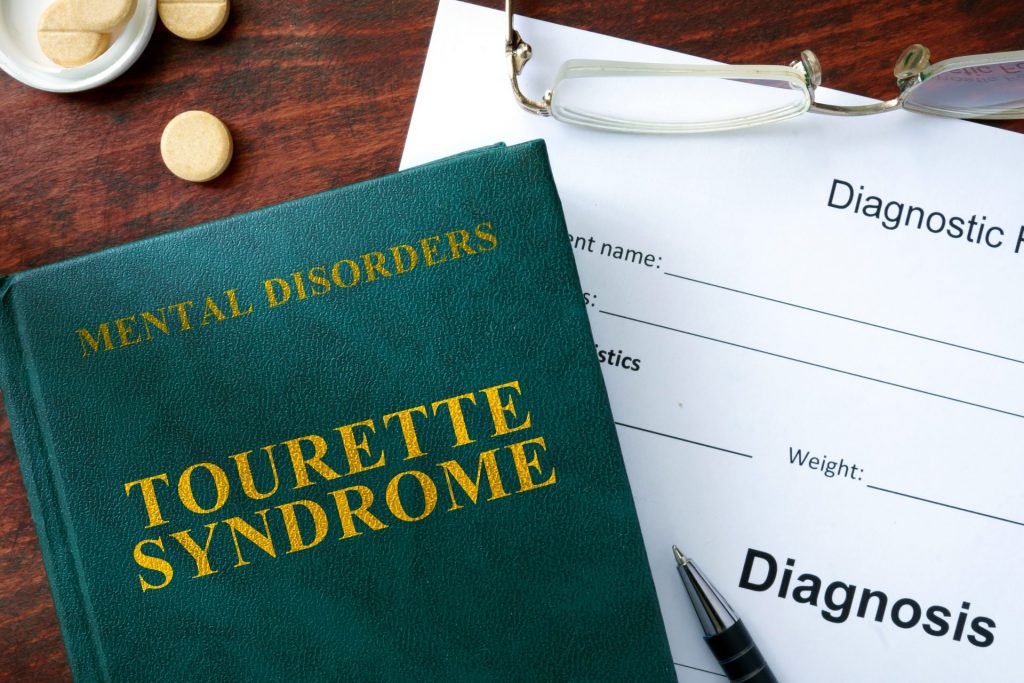What is psychiatry? As a medical doctor deals with the diagnosis, treatment, and prevention of physical ailments, a psychiatrist is a medical doctor who does the same service for behavioral, mental, and emotional ailments. To accomplish these tasks, a psychiatrist has a variety of tools in his or her kit.

When most people think of what a psychiatrist does, they think of psychotherapy or, as it is sometimes called, talking therapy. The patient participates in sessions with a therapist and has a conversation about his or her problems, which might include some kind of trauma, depression over the death of a loved one or some other kind of loss, or an anxiety disorder, among others. The therapist is often able to lead the patient to perform behaviors that will lead him or her to overcome the disorder with which they are afflicted.
Some creative forms of psychotherapy exist that use animals, art, or play to help people cope with their mental health issues. Play therapy is especially effective with children, helping them to express their problems and to cope with them. Art therapy helps people with painting, drama, dance, and other forms of art to help express and deal with their mental health issues. Animal therapy uses dogs, horses, or other animals to help patients bond with another entity and cope with their issues.
A number of medications exist to help patients cope with more severe mental health issues. Antidepressants are used to help treat depression, PTSD, panic disorders, and other conditions. Mood stabilizers help patients who suffer from bipolar disorder, a condition that causes people to experience intensely manic periods followed by just as intense depressed periods.
A psychiatrist is skilled in diagnosing mental health disorders and developing treatment plans for them. Such a treatment could consist of psychotherapy, medications, or a combination thereof. Each treatment is unique to the individual patient.
For more information contact us.









